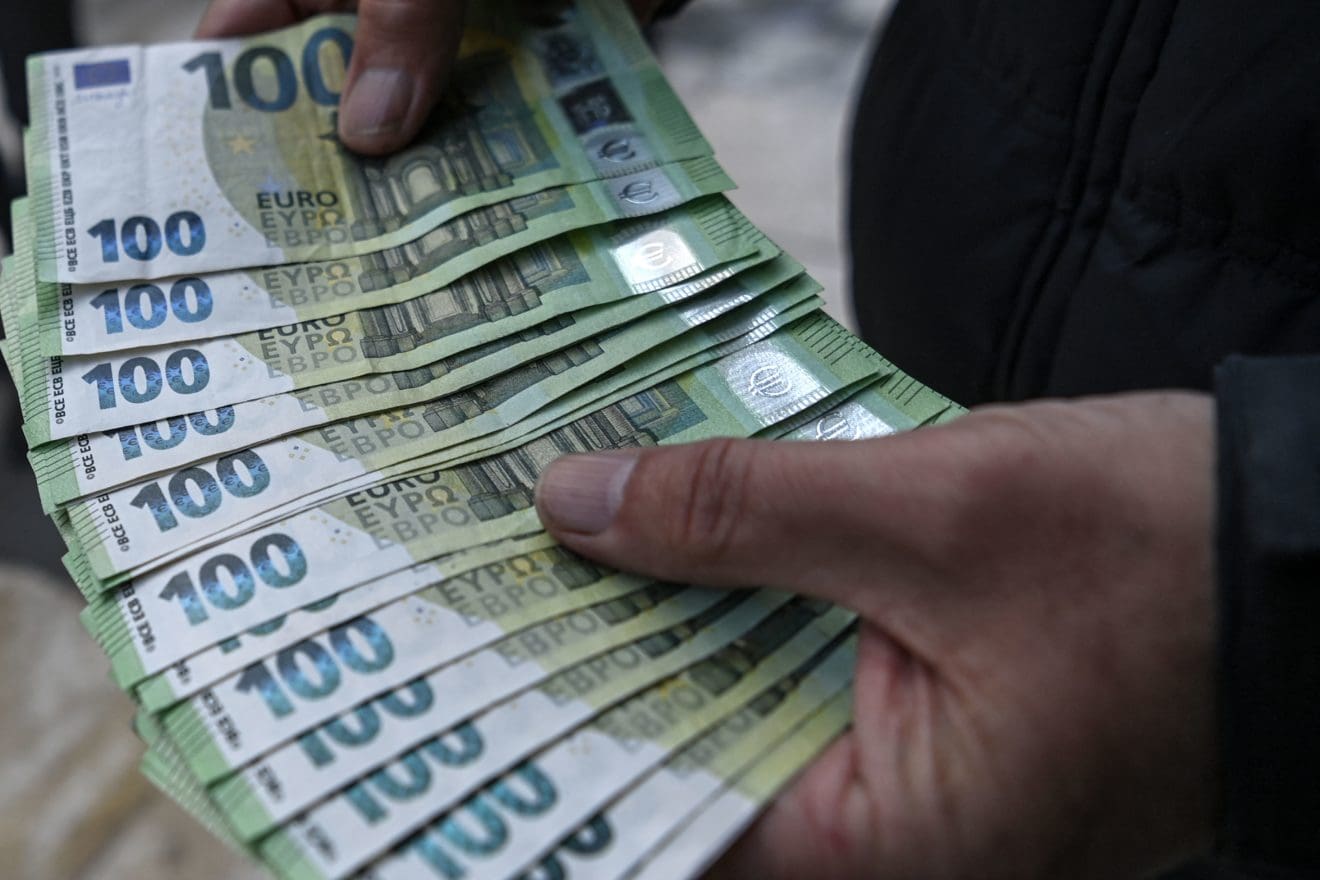The bloc’s recovery efforts are falling short of those in the US.
When European Commission President Ursula von der Leyen presented a landmark EU recovery package in response to the coronavirus crisis, it felt like a historic moment.
The plan was ambitious: €750 billion, financed by jointly issued debt, would give EU countries additional firepower to fuel their economic recovery and help them through the greatest crisis since World War II.
The package — which totals around 9 percent of EU GDP — is comparable in size to the initial recovery package put together by the United States government, which mobilized a sum equivalent to 10 percent of its GDP.
The favorable comparisons end there. While the EU is still figuring out how to unlock the agreed-upon money so that it can finally be disbursed, Washington has pulled far ahead.
U.S. President Joe Biden’s latest stimulus package — the Biden Plan — is the government’s third stimulus bill and it increases federal support to the economy to more than three times the European response.
To be sure, the disparity in recovery plans can partly be explained by the differences between the two governance models — the U.S. is a federal state, while the EU is a union of independent countries.
And yet, there is also a sharp difference in the ambition of the U.S. and EU responses, even once you take into account the national measures put in place by European countries on top of EU cash.
Not only is the U.S. response much bigger. Perhaps more importantly, it reached the real economy much faster.4
That’s because large portions of its stimulus took the form of direct payments to households, while other measures had an immediate impact on citizens’ income and, as a result, on demand. The $1,400 stimulus check each adult is set to receive under the Biden Plan will be the third such check they will have been able to cash since the start of the pandemic.
At the European level, meanwhile, not only do direct transfers to citizens appear to be a taboo, the rules are designed in a way that prevents most EU recovery money from being used on the ground now, when it is arguably most needed.
As a result, the OECD estimates that the recovery measures taken by the U.S. will have a positive impact of 3.8 percent of GDP for the next 12 months, starting from April. The impact of the EU’s recovery fund, by contrast, is estimated to be between 0.5 percent and 1 percent of GDP.
To make matters worse, projections show that the level of European support to the economy may well turn out to be insufficient. Even if the European Central Bank was fast and bold in its response to the crisis (and even if there is more it can do in the months ahead), monetary policy has its limits. And when it comes to fiscal policy, the EU is coming up short.
The EU needs to deploy more resources on the ground right now and not just in the long run. As the vaccine rollout gathers steam and we ease out of lockdowns, we must ensure that companies retain jobs and continue to have customers, particularly once government-supported lay-off schemes cease. That means we need a strong stimulus package that energizes the economy immediately.
The EU must send a strong signal to national governments that they should continue with support for their economies and make sure EU money reaches its intended destination in a matter of months, not years.
But there’s an even better way to make sure the recovery funds provide the stimulus that is needed: Use the months it will take to approve the national recovery plans to find a way to pay €1,000 to every unemployed person, elderly person and parent.
The direct payments won’t be a silver bullet, but they would provide the economy with a much-needed shot in the arm — that is, if the EU is able to overcomes its taboo. And why shouldn’t it? The bloc made history last year with its landmark recovery deal. Surely, it can do so again on this smaller, but just as crucial way.
_____
Pedro Marques is a member of the European Parliament in the Group of the Progressive Alliance of Socialists and Democrats and vice-president responsible for a Green New Deal and communication.
To see original article please visit: https://www.politico.eu/article/faster-coronavirus-economic-recovery-1000-checks-for-europeans/





















